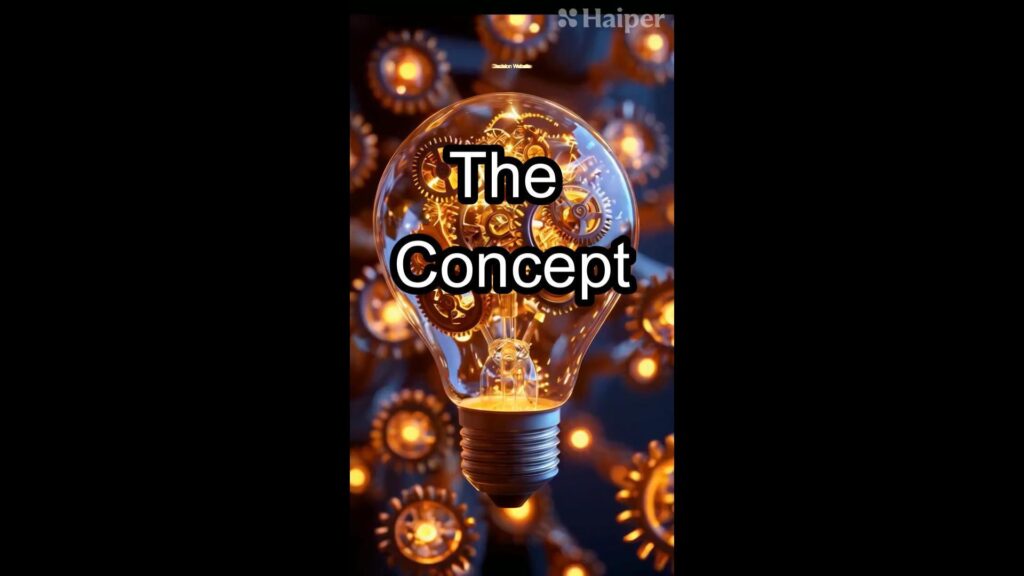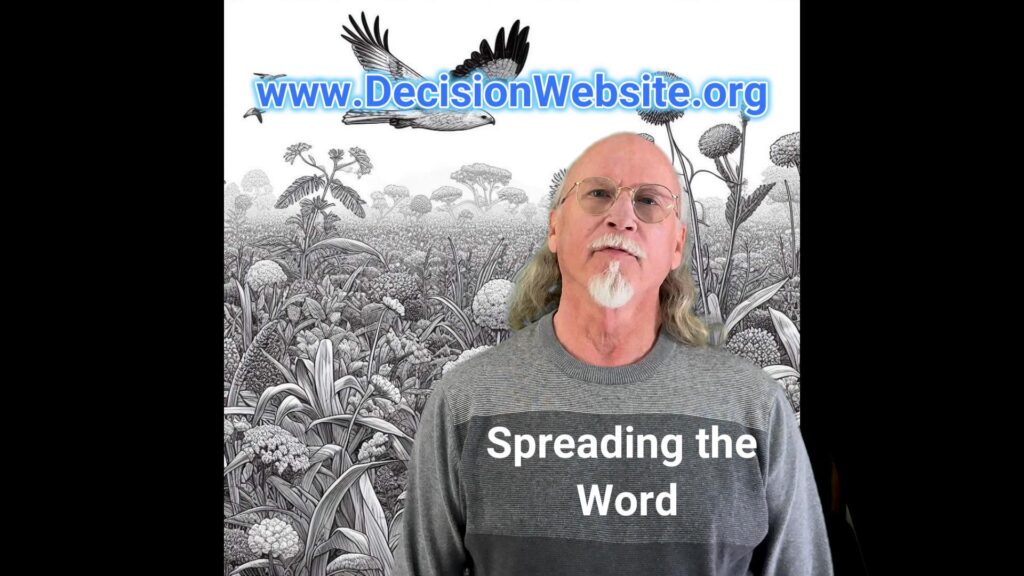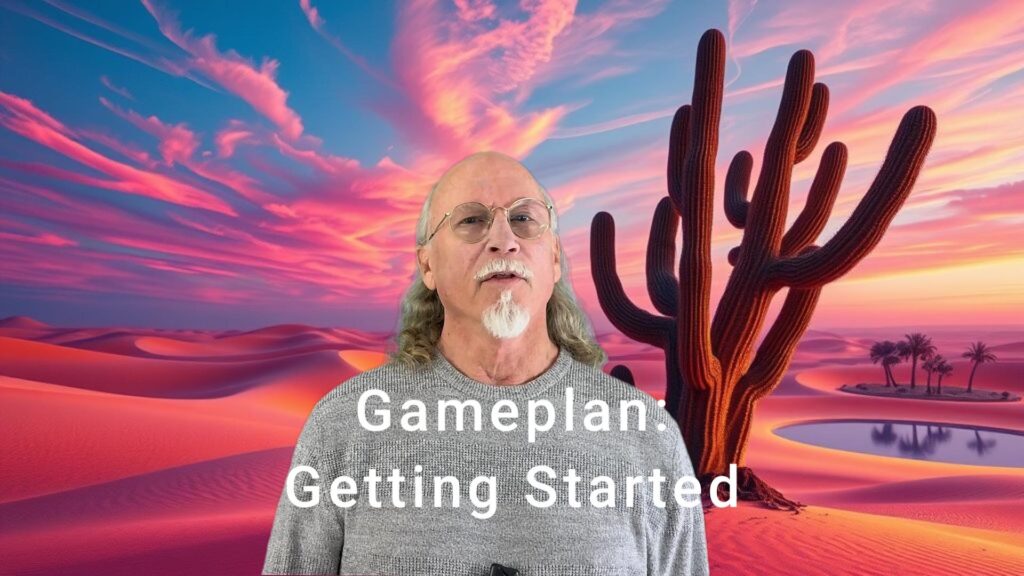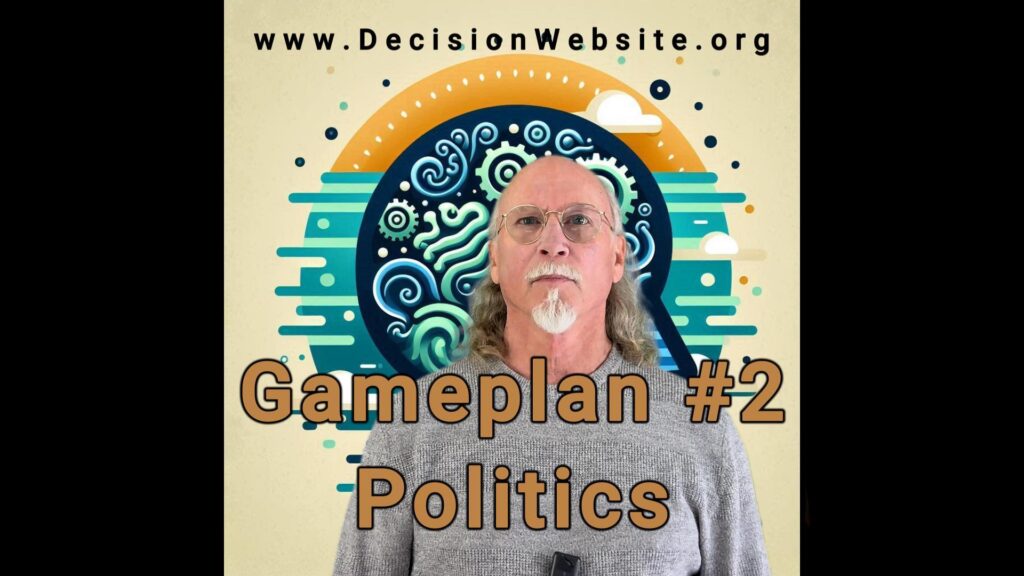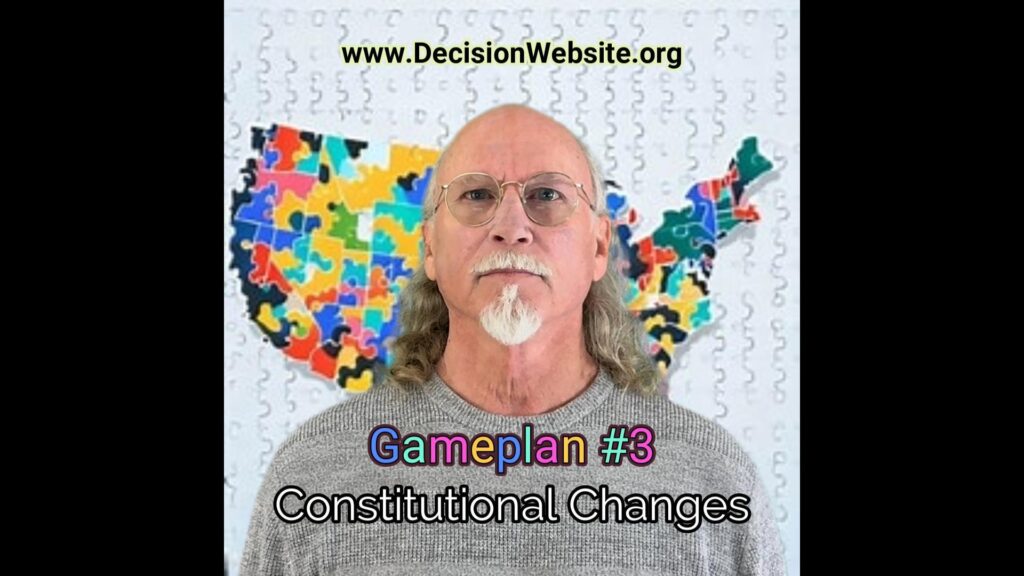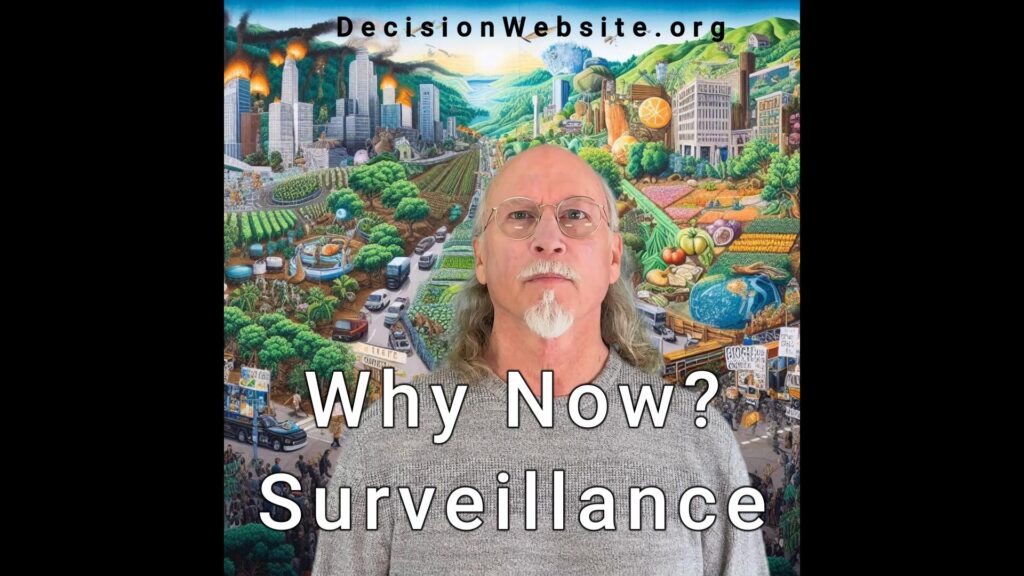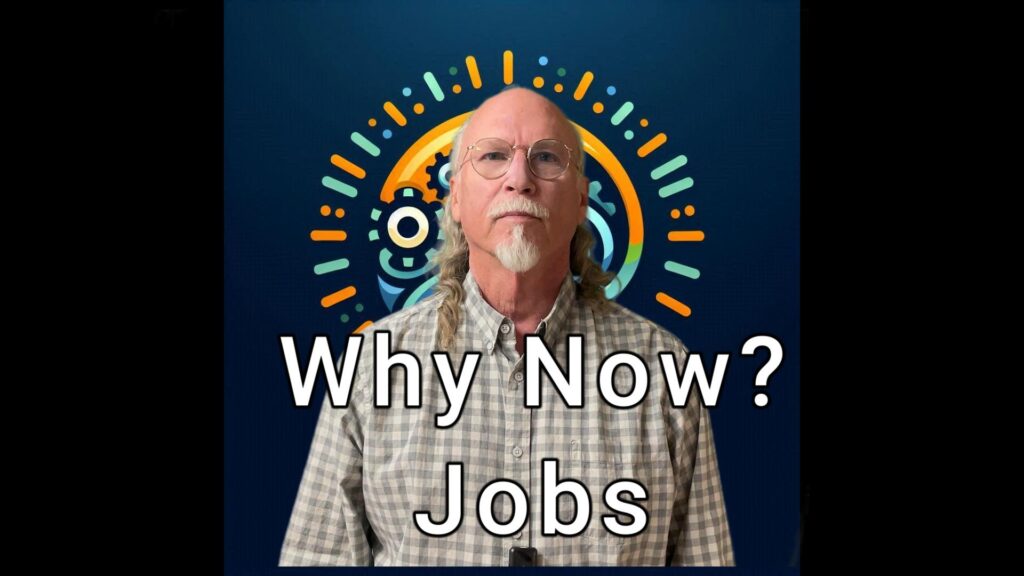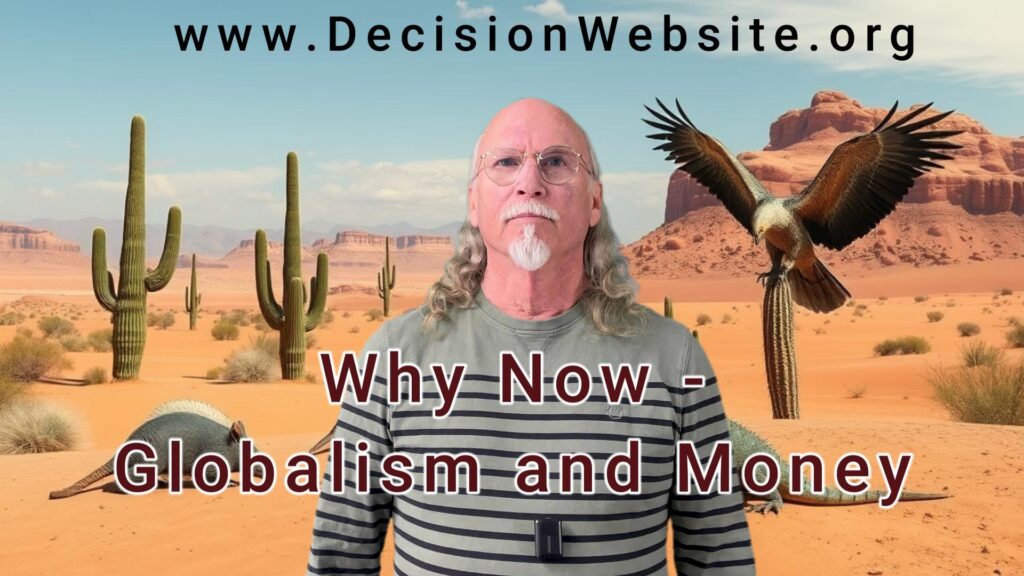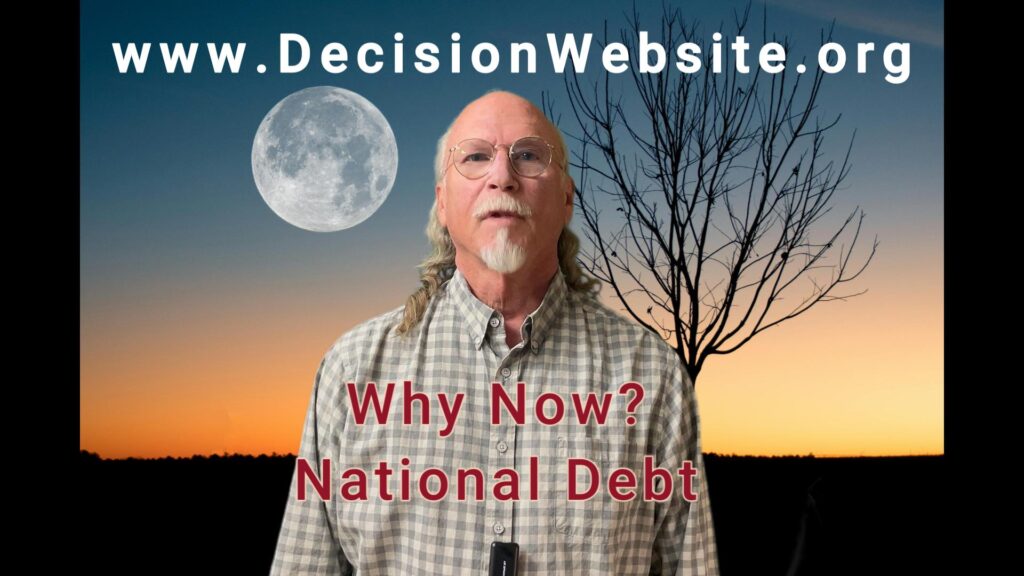What is Direct Democracy?
.
First, recognize that our current system is “representative democracy”. We vote for people to be our representatives and thereafter they make decisions for us. We give these people our power.
.
See also: What’s Wrong with Representative Democracy
.
What’s below…
.
.
Direct Democracy is an alternate political system whereby the citizens vote on each and every law. It seems highly impractical at first. I mean, the general population is just not informed enough about complex matters to make good decisions. Right?
.
But give the idea a chance to be sorted out and some novel ideas be introduced. First, making use of the Decision Website will make a world of difference. It is critical to understand how The Decision Website can help the full citizenry discuss and vote on complex issues. Historically for the first time, this ability is available to our generation.
.
One change from past thinking on Direct Democracy is that citizens also need to formulate the policies and laws that will be voted upon. Otherwise, we are still at the mercy of some small group that decides the direction of the country and then hand feeds us some cryptic options to vote upon. Citizens need to be in charge of the entire legislative process. We fundamentally will have replaced Congress with ourselves. I wonder what solutions hundreds of millions of us will generate versus 535 congresspersons?
.
![]()
Who will come up with the best ideas?
535 Congresspersons or hundreds of millions of us?
![]()
.
Then, there is the problem of what to do with the Presidency. How do we make the president more like a paid administrator? This issue includes all of the government agencies and their creation of a myriad of regulations to administer our laws. Citizens could consider managing each and every agency. At the very least, we need to make the government transparent and give citizens some oversight functions.
.
So many issues come to mind that must be overcome. Many seem insurmountable at first glance. Again, how are the people supposed to be knowledgeable enough to make good decisions? What person would want the “democratic duty” to have to stay so informed? That’s like all of us dedicating all of our time to running the country. There’s also the issue of timely decision-making and a quick response in a crisis. Transparency is necessary, but it is also a tricky balance. Then there is the majority rule problem.
.
![]()
We can design a hybrid system of Direct Democracy!
![]()
↑ TOP
First, let’s open up the door a bit and step outside of the box. There are a variety of possible Direct Democracy hybrids that could be designed to lessen the burden on the citizenry’s participation. For instance, citizens could develop overall policies using the Decision Website, while representatives (i.e. Congress) are tasked with creating laws that reflect our policy. Of course we would want to possess control over elected officials, such that they can be easily recalled (aka fired). Likewise, the Presidency and agencies could be forced to follow policies that the citizens established, even if specific laws were not created. The people would be the watchdogs in our transparent system, and the courts would be the adjudicators.
.
Below, we will touch on some of the problematic issues. Keep in mind the direction that we are pursuing when we entertain the Direct Democracy system.
.
As you might imagine, the Decision Website is pivotal to the success of Direct Democracy or any hybrid we conceive. It is what allows us to undertake deep consequential debates. The Decision Website becomes our central source of information. It is our voting mechanism and our ability to manage virtually anything.
.
![]()
Common language will be used
except in the final law.
![]()
.
It makes sense for the citizenry to initially develop policies for the country. These are the directions we wish to go and what we want to achieve.
.
The Decision Website will help us sort through issues, unify our perspectives, and clarify complex topics. While not all of us are prepared to engage in the entire large debate, virtually all of us can understand the final choices.
.
After a policy is crafted, the task of making suitable laws is meticulous. The necessary minutia of detail and the legalese is not within the grasp of many ordinary people. The architect of these laws could be hired representatives or citizens that are suited for this process.
.
Our citizen protections then go as follows:
.
↑ TOP
In the Decision Website, we likely will assign the lengthy debate process to a relatively smaller group of people, say a thousand or ten thousand per topic. Trial and error will dictate this number.
.
Citizens then participate by ensuring balanced and comprehensive discussions, plus voting among the final proposed solutions. These two tasks likely require far less time than citizens currently spend to glean information from media. The policy proposals in the Decision Website will be clear and concise, as well as written for citizen comprehension. When it comes to actual laws with their complex language, citizens will rely on suitable advocates to help us.
.
One point to consider is that even if our citizen participation level remained low, we are still increasing the number of participants from 535 Congresspersons to radically higher numbers. Plus, the system guarantees that all ideas from the citizenry are included. Our power is secure even if we rarely need to use it. With watchdog groups and advocates, each citizen stands ready to participate when needed.
.
.
There are cases where secrecy is needed such as national security. However, secrecy by those in power is quite often an avoidance of accountability. “No one can judge my actions if they cannot see what transpired.” Far more things can be transparent than we now allow. Consider any secrecy in the bidding process for government contracts. Is that to encourage the lowest bidder or a means to allow the selling of influence to bidders?
.
The real answer may fall to the fact that we need more eyes on every part of government. The idea of classifying information needs to come from a larger and more diverse group of people. I know… to keep a secret, tell as few people as possible. But we cannot trust just a few people to make that decision on secrecy versus transparency. For the well-being of our country, we need to shift that risk from abuse of power to a bit of less security.
.
.
There are times when it is not prudent to have long debates on time sensitive concerns. We can allow for quick decision as long as we add three elements. First is the need for expanded input into these decisions. Presidents have too much power because they are alone at the top of the hierarchy. Whenever possible, we should broaden our decision making to committees instead of the sole leader.
.
Second, we need to add more watchdog eyes to the decision to ensure no abuse. And third, there needs to be a clear path to altering our course of action after a quick decision has been made.
.
.
What a huge task it would be for the citizenry to manage every government agency. But what if the framework was in place to do just that? In other words, a model of the Decision Website would be put in place for each agency. That is, the management of every agency was susceptible to take-over by the citizenry whenever needed.
.
In addition, we add the same features that we have been talking about. Transparency and watchdogs, small committees to replace sole leaders, and assurance that regulations follows the broad policies created by citizens.
.
↑ TOP
Majority rule has been the stumbling block for many theorists on Direct Democracy. Surprising, isn’t it, because majority rule sounds so logically correct. But it is the fear that the majority runs rough shod over the minority.
.
If you have read discussions on the Decision Website, then you know that it must be designed to encourage consensus and it gives power to the minority to be heard or to force super majority votes. In addition, our new political system must strengthen our Bill of Rights in order to firmly protect individual freedoms. These might include freedom of privacy, broad equality, and freedom of our bodies (vaccines, GMOs, abortion, end of life).
.
For more detail…
.
We also might find that society’s reactive tendencies start to subside. It’s that automatic response we have to make a law whenever a problem arises. When our trust in government and our sources of information blossoms, reasonable compliance might be the better answer than flexing authority. Laws are a broad brush that do not respect people’s decisions based on their very unique circumstances.
.
.
This is a new era for citizens. Our education levels continue to rise. Communication and participation have profoundly expanded because of the Internet. Technological innovation is staggering. When we design a method to logically analyze our issues and make our sources of information trustworthy, then our opportunities take a giant step forward. Direct Democracy at that point becomes a real possibility.
.
.
↑ TOP
.
